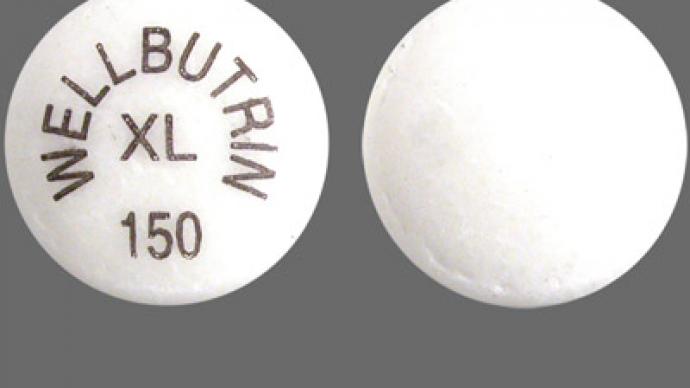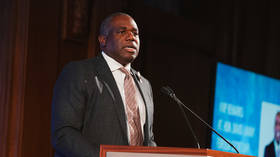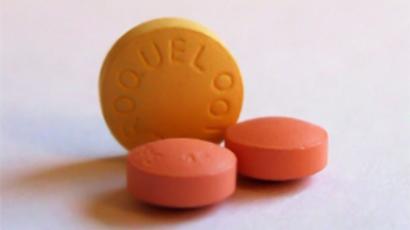Sick system: Record $11 bln fines do not deter pharma giants from crime

Pharmaceutical companies have been fined a record $11 billion over the past 3 years for unethical and illegal practices. But leading researchers says companies will carry on breaking the law, regarding fines as “the cost of doing business.”
Eight out of 10 of the biggest pharmaceutical producers in the world have been caught breaking the law in this period. All in all 26 healthcare companies have signed “corporate integrity agreements” with US authorities, a form of probation following serious fraud.Their misdeeds are varied and cover dozens of best-selling drugs, but fall into several common types.One is the attempt to hide dangerous side-effects of new, popular drugs. UK-based GlaxoSmithKline (GSK), is said to have purposely suppressed clinical studies and intimidated researchers who discovered that its pioneering diabetes drug, Avandia, significantly increased the risk of heart attacks. The company did not just quietly withdraw the drug as it discovered its side-effects, but continued to promote it.Another offence has been off-label promotion – advising doctors to prescribe drugs for uses they were not approved for. Also made by GSK, Wellbutrin was sold by reps to doctors as a “happy, horny, skinny drug,” to be prescribed for anything from obesity to sexual dysfunction, while in fact it had only been approved for treating depression.There are also instances of outright financial fraud. The world’s biggest pharmaceutical, Johnson & Johnson, paid tens of millions of dollars in kickbacks to Omnicare, a company that supplied drugs to nursing homes, so that it would prescribe a drug called Risperdal to its elderly patients with dementia. Incidentally, Risperdal hasn’t been licensed to treat dementia.GSK was fined $3 billion this summer and in an ongoing case Johnson & Johnson is expected to pay up to $2.2 billion.But Kevin Outterson, a Professor of Law at Boston University, who compiled the data on all the major violations for the first time, says they are unlikely to change anything.“Companies might well view such fines as merely a cost of doing business — a quite small percentage of their global revenue and often a manageable percentage of the revenue received from the particular product under scrutiny,” claims Outterson, in a paper published in the New England Journal of Medicine.Avandia on its own has made the British giant over $10.4 billion in revenue during its lifetime, which means that even after accounting for the fines it incurred, the company could still be in the black on this drug alone.And in any case last year Johnson & Johnson made $9.67 billion, while GSK made a profit of $8.87 billion, meaning the companies is in a good position to take legal risks, despite the fact that government fines have risen manyfold in just two decades.And take them they do. Outterson notes that real scale of the problem is impossible to diagnose since “these types of fraud are hard to detect from the outside.”One popular solution is to personally charge executives at companies for the crimes committed on their watch.Outtereson cites Boston whistleblower Robert M. Thomas, Jr. “GSK is a recidivist. How can a company commit a billion dollar crime and no individual is held responsible?”Another method is to legally force pharmaceutical giants to restrict incentives for their salesmen, particularly on off-label promotion.And perhaps the most logical would be to keep ramping up the fines until the companies collectively hear the message and stop competing with each other using illegal practices.Meanwhile, the drugs giants themselves say they are now reformed. In the wake of the record fine, Andrew Witty, the chief executive of GSK, said the company has fired all of the individuals involved and the company has undergone a "fundamental change in procedures."













